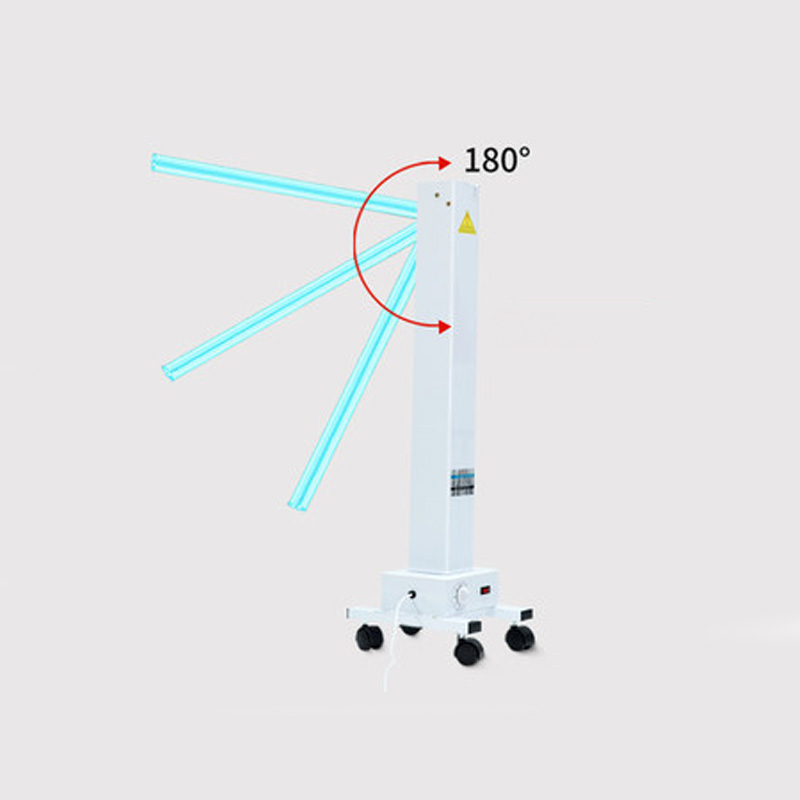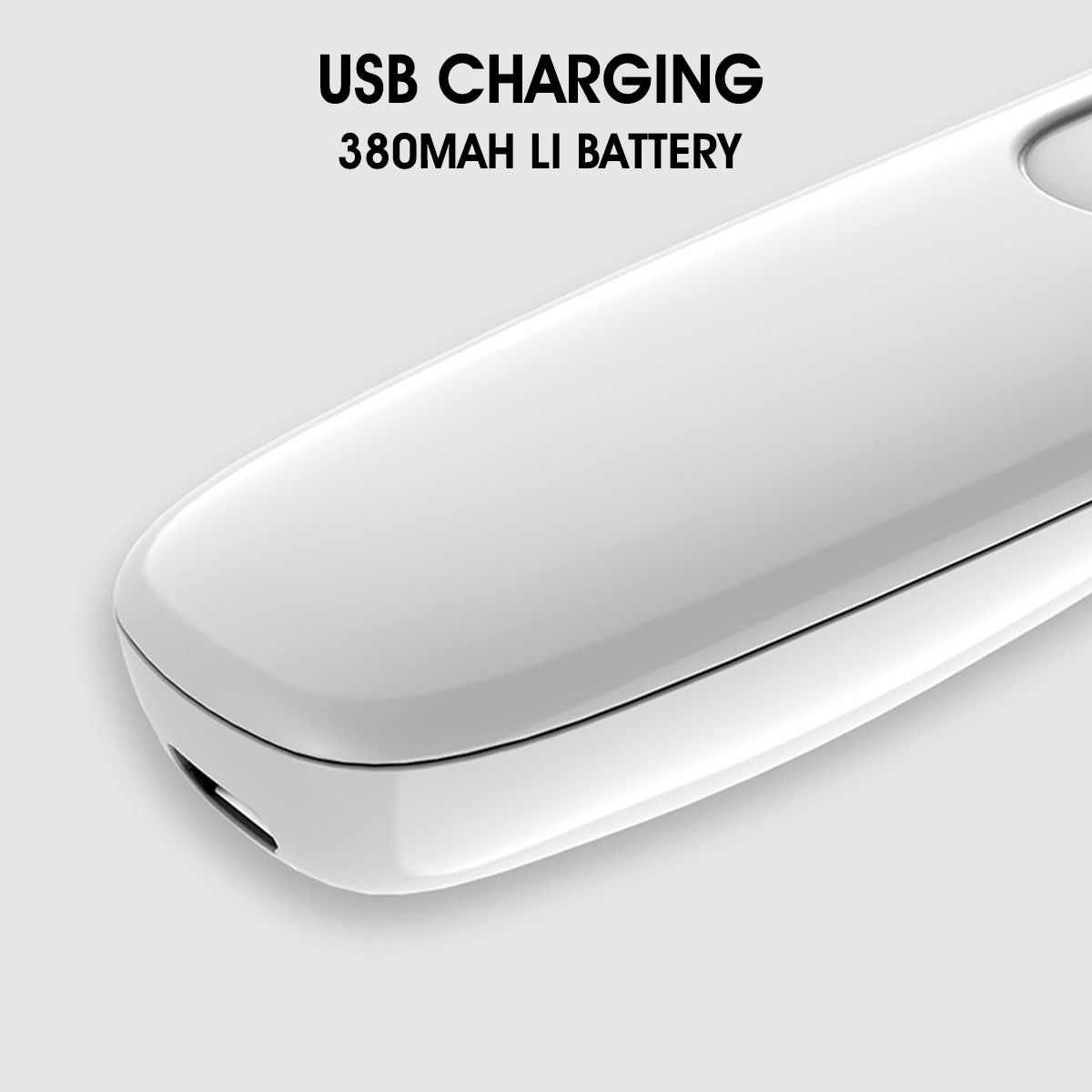
/BlackLightBulb-56a12aad5f9b58b7d0bcae03.jpg)
It is worth noting the important role of anxiety as a modulator of acquisition and retention of behavioral skills in health professionals in training. Anxiety was observed in 42% of the fellows and its presence worsened their behavioral performance.Īn improvement in behavioral performance was observed comparing the moment before the first training and after the second training, without further gains after the third training. No further gains were noted with the third training cycle.
Uvc medical abbreviation professional#
The specific skills - communication with the team, delegation of tasks, allocation of attention, use of information, use of resources and professional posture - showed a significant improvement after the second month of training. The behavioral performance was evaluated by repeated measures analysis of variance adjusted for anxiety and for previous experience in neonatal resuscitation.įellows` overall behavioral performance improved comparing the moment before the first training and after the second training. The videos were independently analyzed in a random order by three trained facilitators using the Behavioral Assessment Tool. Anxiety of the fellows was assessed by the Beck Anxiety Inventory applied before the first training cycle. Therefore, each fellow was recorded 6 times: before and after each one of three training cycles.

One video-recorded scenario of about 10 minutes was performed for each fellow at the beginning and at the end of each training cycle. Each cycle lasted one month, followed by a 3-months interval. To assess the behavioral skills of fellows in neonatology before and after a simulation training program on neonatal resuscitation.įrom March/2019 to February/2020, a prospective cohort with 12 second-year fellows in neonatology were evaluated during three training cycles (16 hours each) in manikin-based simulation of neonatal resuscitation with standardized scenarios. There is little information on behavioral skills acquisition after simulation training of neonatal resuscitation. It would be of interest to study whether more frequent training, and training both with and without feedback, could improve transfer of performance to a simulated resuscitation setting.īehavioral performance of health professionals is essential for adequate patient care. Incorrect VT e delivery was common even when feedback was provided. Skills training with real-time feedback on mask leak, ventilation rate, tidal volume, and inflation pressure did not result in objective or subjective improvements in bag-mask ventilation in a simulated neonatal resuscitation situation. There was no difference in the students’ self-perceived competence in bag-mask ventilation before vs. The fraction of ventilations with VT e within the target range was lower during simulation (21%) compared to skills training (30%) ( p < 0.001). There was no statistically significant difference in inflation pressure ( p = 0.92). Mask leakage and ventilation rate was higher, and VT e lower and highly variable in the simulated scenario compared with skills training (all p < 0.001). A structured questionnaire was used to investigate the students’ self-perceived neonatal ventilation competence before and after the skills- and simulation training. We compared ventilation data from skills- and simulation training. The same variables were recorded, but not fed back to the students. Two months later, the students participated in a simulated neonatal resuscitation scenario. A flow sensor (Neo Training, Monivent AB, Gothenburg, Sweden) was placed between the facemask and the self-inflating bag (Laerdal Medical), and visual feedback on mask leak (%), expiratory tidal volume (VT e in ml/kg), ventilation rate and inflation pressure was provided.


Students in advanced clinical neonatal nursing practiced bag-mask ventilation on a premature manikin (Premature Anne, Laerdal Medical, Stavanger, Norway) during skills training. The aim of this study was to investigate whether advanced clinical neonatal nursing students’ bag-mask ventilation training with real-time feedback resulted in transfer of bag-mask ventilation performance to a simulated setting without feedback on ventilation. Previous studies on neonatal bag-mask ventilation skills training focus largely on medical students and/or physicians. Advanced clinical neonatal nurses are expected to have technical skills including bag-mask ventilation.


 0 kommentar(er)
0 kommentar(er)
